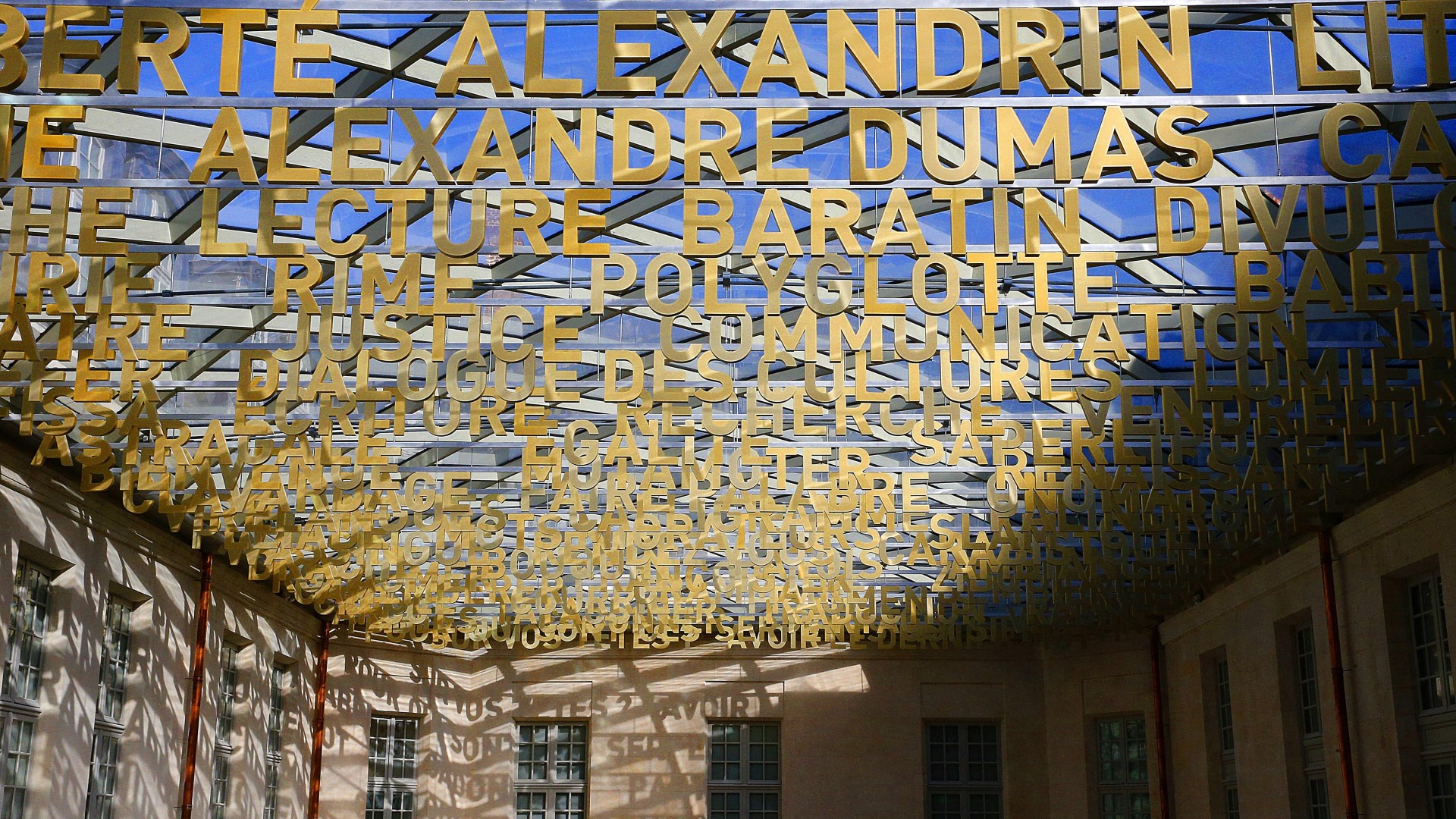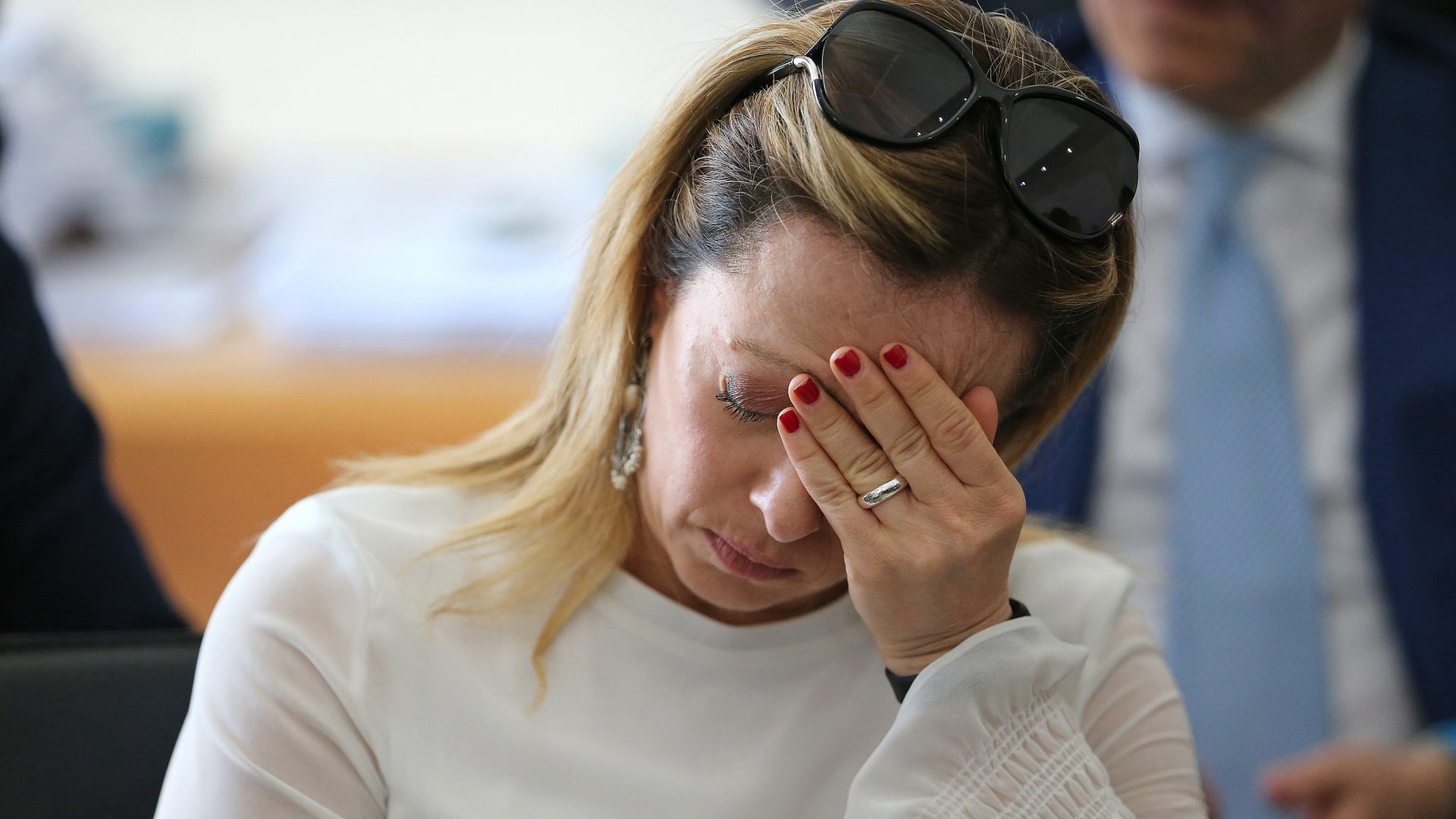Parlez vous français? No, really, do you? If so – or if not! – you may be interested to know that the Cité Internationale de la Langue Française has just opened its doors, just north of Paris. The illustrious Château de Villers-Cotterêts has become the International French Language Centre.
The site wasn’t picked at random; the language was, in a way, formally born there. On October 10, 1539, King Francis I of France signed a decree making French the country’s official language. It is fair to say that things have evolved in the past half millennium.
There are now 300 million French speakers globally, across 106 countries and territories. Of these, 235 million speak it every day; of those, 59% live in Africa. It is both a very rigid language and a fundamentally elastic one.
When so many people across the world technically use the same words, they are bound to twist and change them as they see fit. If a Québécois went to Cameroon tomorrow, they would probably struggle to find their feet, at least for the first few days.
It is a diversity that should be celebrated, but it isn’t clear that French elites see it that way. Organs such as the Académie française often do their best to make sure that little changes, and that only the most classical of French is seen as correct.
What word should you use in which situation? How to conjugate a verb properly? Their frequently updated website gives rulings on all linguistic matters, and they usually have little time for quirks that have become common but are nevertheless “wrong”.
Similarly, the new museum’s director, Paul Rondin, told Radio France International that “we are witnessing a real deterioration in the language. We’ve let ourselves be devoured by a globish that isn’t English […] The language has been transformed into an accumulation of signs, leaving little room for complexity and diversity, accelerated by digital technology where it’s not even quite Globish but pieces of Globish or of what used to be French.”
He isn’t entirely wrong, of course. There are things we lose by attempting to create languages that are spoken and understood by hundreds of millions of people, including many who did not grow up with them. There are nuances and a certain subtlety that must be sacrificed, and it is no small price to pay.
Still, there is joy to be found in bridging gaps between different countries and populations, and in bringing people closer by making sure they understand one another. Languages only die when they are not spoken; letting them evolve means giving them another lease of life.
This is why it is encouraging to see that at least some of the museum’s resources seem to welcome change. As one of their online exhibitions points out, “each speaker adapts the ‘language of Molière’ as he or she sees fit, according to his or her identity, heritage, needs and environment… This diversity is a guarantee of vitality!”
Perhaps most importantly, it treats French expressions from France as similar to phrases from, say, Gabon, Louisiana or New Brunswick. The director’s take may be old-fashioned, but the museum is forward-looking.
Its approach should be celebrated. English is a language that is proud of its popularity, and unashamed of its various dialects and colloquialisms. It is happily malleable; indeed it could, as the language spoken most widely in the world, never be anything else.
Learning English as a second language meant getting used to one accent and one vocabulary and then realising that they were just the tip of the iceberg, and there would always be more to learn and discover. Of course, the basic English spoken across the internet and by people needing it purely for work is stripped back and not always poetic, but that doesn’t mean the language as a whole is disappearing. In some ways, it is quite the opposite.
French is my mother tongue and it would be a delight to see it both thrive and be acknowledged as an ever-changing, truly global language, even by those who would rather preserve it in amber.
There are museums that explore the past and others that look to the future; some excitedly talk about the present. There is space for all of them, but I do hope this one opens its arms to all versions of French, in all their glory.




